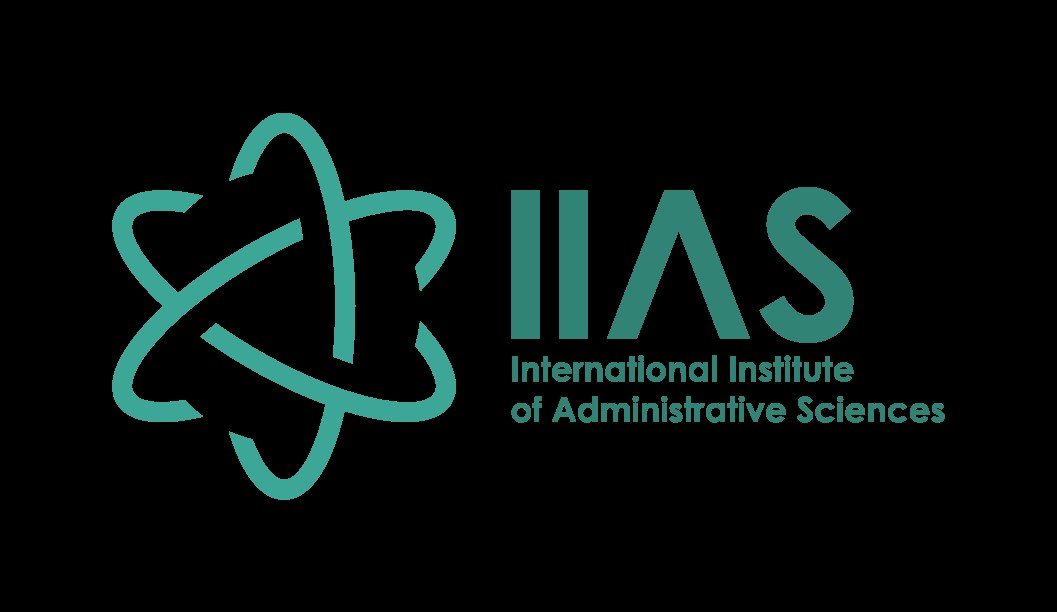India Secures Presidency of Global Administrative Sciences Body
India Secures Presidency of Global Administrative Sciences Body
Why in the News?
India wins IIAS presidency, defeating Austria with 87 out of 141 votes in a historic mandate. This victory highlights India’s growing global influence in public administration reforms and administrative innovations, championed through the Department of Administrative Reforms and Public Grievances (DARPG) based in the state Delhi. As India’s international stature grows, many wonder when is the next prime minister election in India that could further shape its global role, with discussions about the 2024 prime minister of India gaining momentum.
India’s Victory in IIAS Election:
- India won the presidency of the International Institute of Administrative Sciences (IIAS) on June 3, 2025, securing 87 out of 141 votes. The ballot process was conducted with utmost transparency, reflecting the institute’s commitment to fair practices. This victory comes at a time when India is also making strides in other sectors, such as fashion education with institutions like the International Institute of Fashion Technology Delhi gaining recognition.
- The election process saw a direct contest between India and Austria, with member countries eager to vote India into this prestigious position. This election has sparked discussions about who appoints the prime minister of India and the potential impact of the Modi election on international relations.
- India’s candidacy was supported broadly by member countries of the institute, reflecting a commitment to unity and inclusivity in global governance. This support extends beyond the IIAS, as seen in collaborations like India South Africa partnerships in various international forums, and even in sports diplomacy, as evidenced by recent India vs Morocco matches.
Role and Structure of IIAS
- IIAS is a global federation consisting of:
○ 31 Member Countries
○ 20 National Sections
○ 15 Academic Research Centres
- It promotes scientific research in public administration and serves as a platform for international collaboration. The institute’s work aligns with India’s educational initiatives, such as the Global Public School Kochi, which focuses on developing global citizens.
- The institute plays a key role in shaping public administration practices globally, focusing on Next Generation Administrative Reforms. These discussions often take place in venues like Bharat Mandapam, showcasing India’s world-class facilities for international events. The reforms discussed here could influence the agenda of the next prime minister of India.
India’s Engagement and Global Impact
- India is represented in IIAS through the Department of Administrative Reforms and Public Grievances under the Ministry of Personnel, Public Grievances and Pensions, headquartered in the state Delhi. This representation extends India’s influence, similar to how Indian in Switzerland initiatives promote cultural exchange.
- IIAS works closely with the United Nations, including:
○ Committee of Experts on Public Administration (CEPA)
○ UN Public Administration Network (UNPAN)
- This IIAS presidency enhances India’s voice in international administrative reforms, governance, and policymaking forums. It also raises questions about the next election in India and its potential impact on global administrative practices. Many are curious about how the legacy of the prime minister before Modi compares to current policies.
- V. Srinivas, Secretary DARPG, emphasized that India’s leadership in IIAS will focus on digital transformation of institutions and efforts to bridge North-South Divide in administrative practices. This aligns with cultural initiatives like azadi ka amrit mahotsav in Tamil, which celebrates India’s diversity and progress.
- The 2025-2028 term of India’s IIAS presidency aligns with the country’s vision of “Maximum Governance – Minimum Government”, promoting efficient and citizen-centric administration globally. This vision may influence the agenda of the 2024 prime minister of India.




